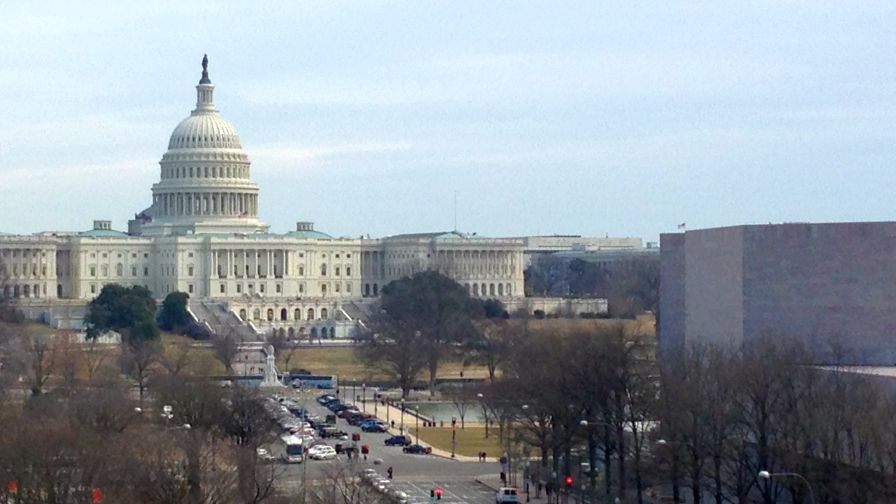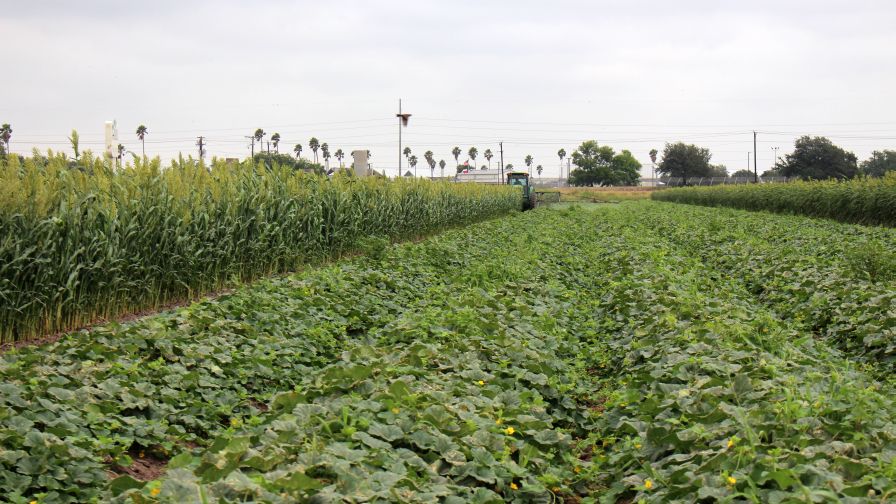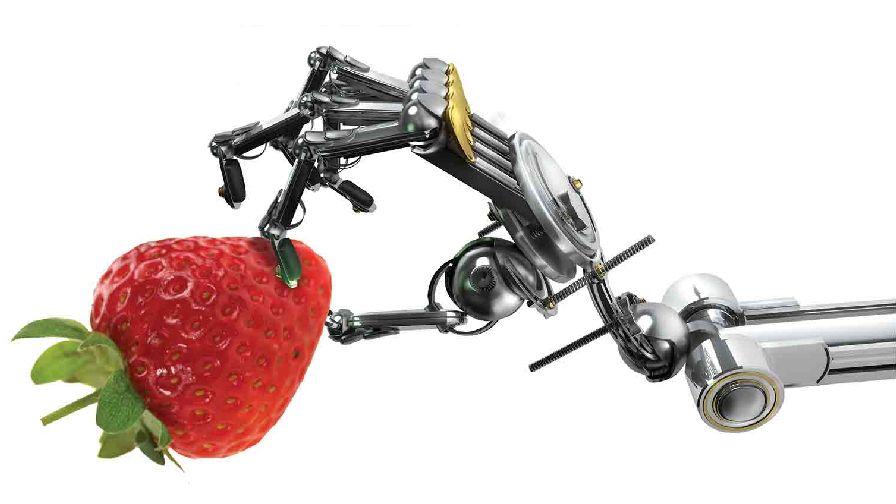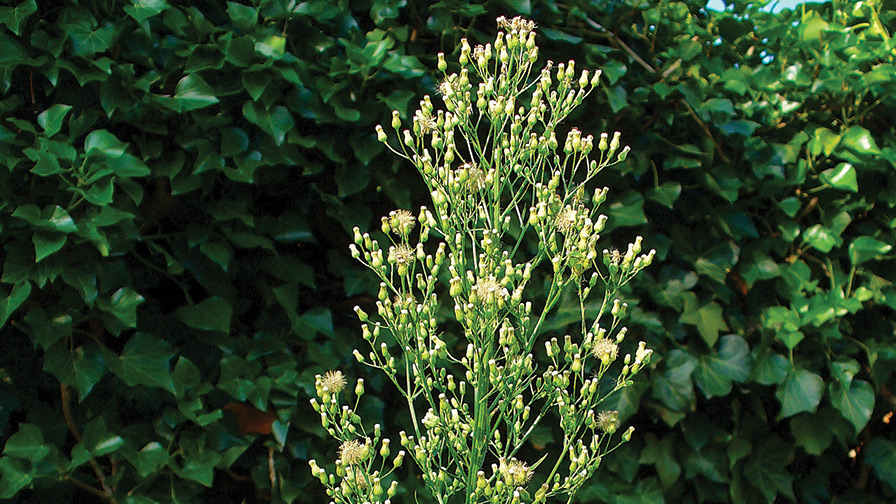Opinion: Talk Of Sustainability Turns To Transparency
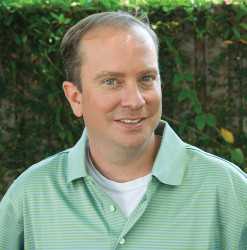
The Commodity Classic made its way back to Florida this year with a record crowd. It was another pretty good year for corn and soybeans, despite a historic drought in many areas of the Midwest.
Bayer CropScience hosted its annual Ag Issues Forum in conjunction with the Classic. Ag trade media from across the U.S. get a snapshot of the big picture trends occurring in agriculture here and abroad during the event.
The topic of sustainability was discussed at some length and was the subject of a panel discussion that included Rob Kaplan, Walmart’s senior manager for sustainability.
Kaplan suggested that Walmart is seeking innovative ways to work with its supply chain to encourage sustainability. Of course, that is following the Walmart maxim — “every day low prices, so people can live better.”
I appreciate that for many of you the whole notion of sustainability can be a little maddening. For years, agriculture has wrung its hands because the definition of sustainability is so, well, hard to define.
One of your buyers wants A, B, and C for sustainability, and another wants A, D, and F. So, if everybody has varying visions of sustainability, how can you ever lock down practices that keep everyone happy?
Walmart’s Kaplan observed: “Sustainability is not a destination, but a journey.” I know it is a little cliché, but it struck me as a mini- epiphany at the time. Captain Obvious slapped me across the face. We can’t define sustainability because it is an ever-moving target.
This revelation from Walmart won’t make your challenges with sustainability any easier. But, perhaps, it could be a pivot point to discuss the definition of transparency. At its most basic level, all this talk of sustainability revolves around a few things. Consumers want to know they are buying safe food that is produced in an environmentally sound way and is fair to the people who tend to and harvest it.
I am confident many of you already meet this criteria, so I believe the conversation is turning to transparency. Just how much are you willing to open your farm to your buyers and ultimately the consumer in retail chains like Walmart?
New technology is enabling instant information on where and how produce is being grown. Folks can scan a tag on a clamshell of berries with their smartphone and literally in an instant get all the information of how that fruit made its way from the field to the consumer’s hand.
That is if they take that long to decide on their purchase. Kaplan noted that their research shows consumers in the stores take about three seconds on average to decide whether or not to buy a product. But, to get in that consumer’s hands, you have to find buyers and markets for what you grow. Like it not, sustainability will be a part of the equation. Technology is enabling and demanding buyers to ask these questions, so it becomes more of a matter of how much you are willing to share.
During a Q&A session following the panel, I had the opportunity to ask Kaplan the following question: If growers are doing all these things that are called sustainable, can they expect a premium? He replied: “If it costs us more, we don’t view it as sustainable.”
That is one of those hard medicine kind of replies. Sustainability will never be defined, and however you describe it, there probably will not be a financial premium for doing it. But, you will be asked if you are sustainable, and increasingly asked to prove it.




